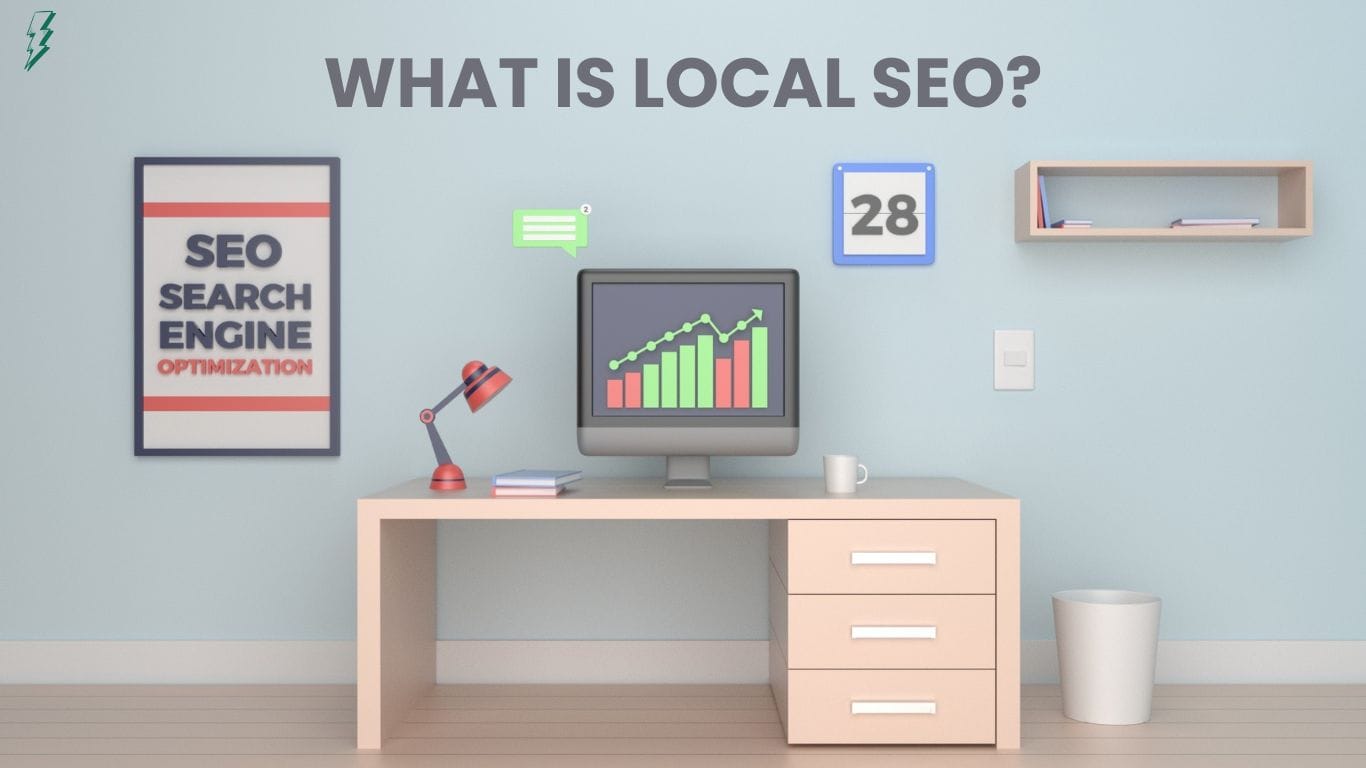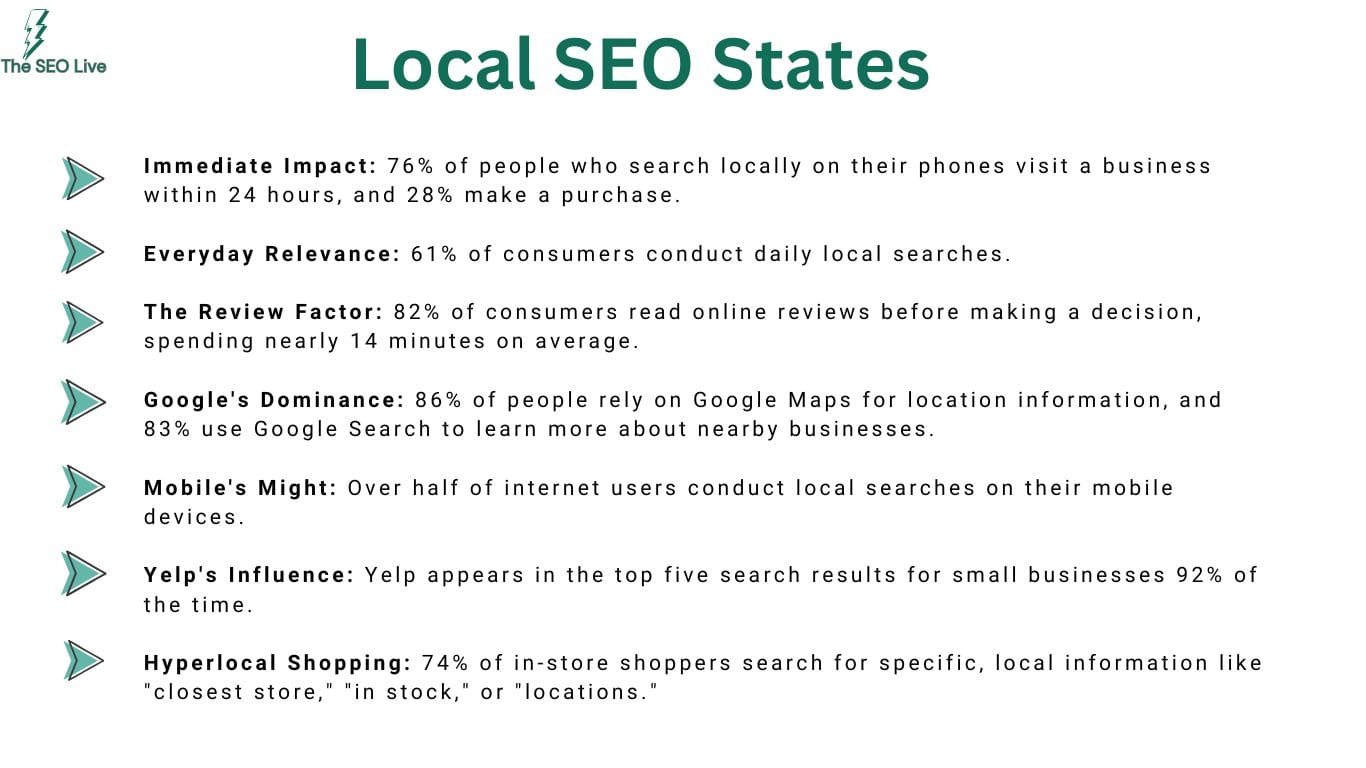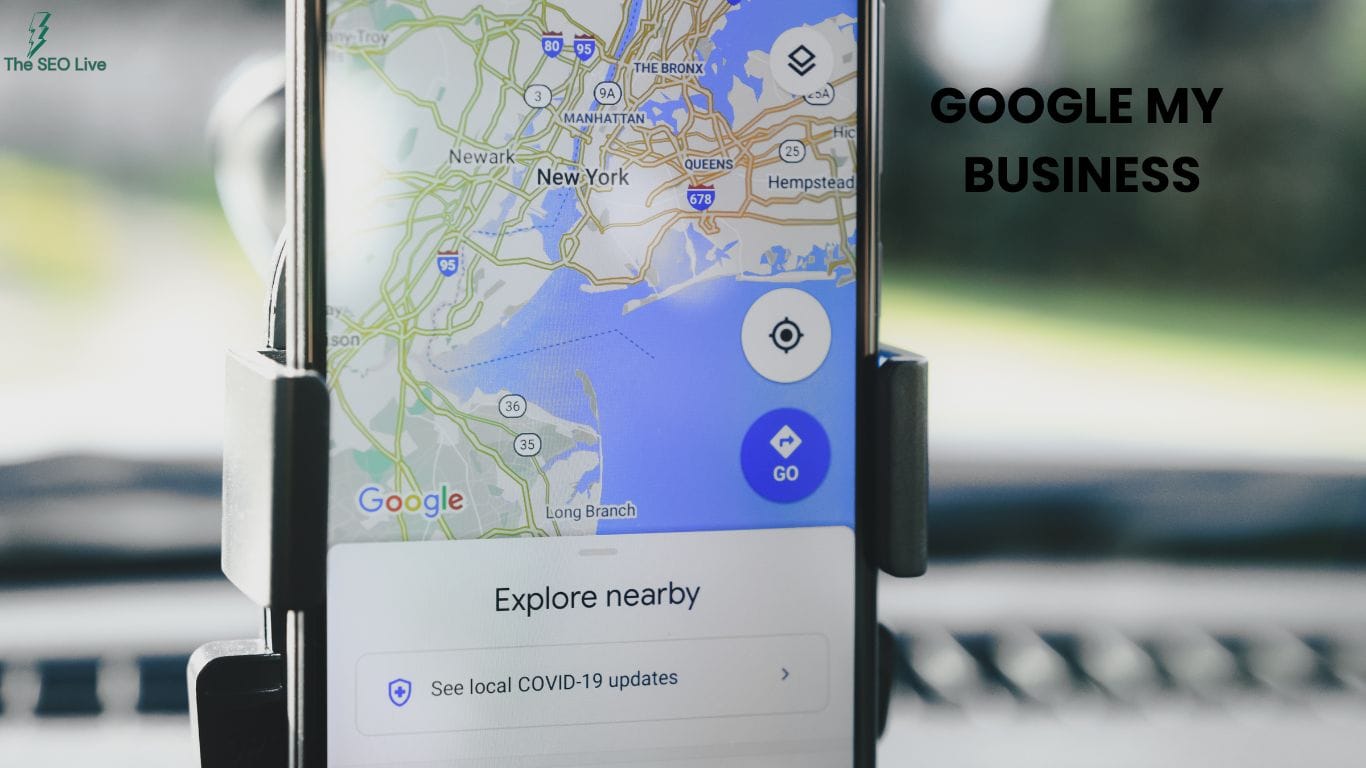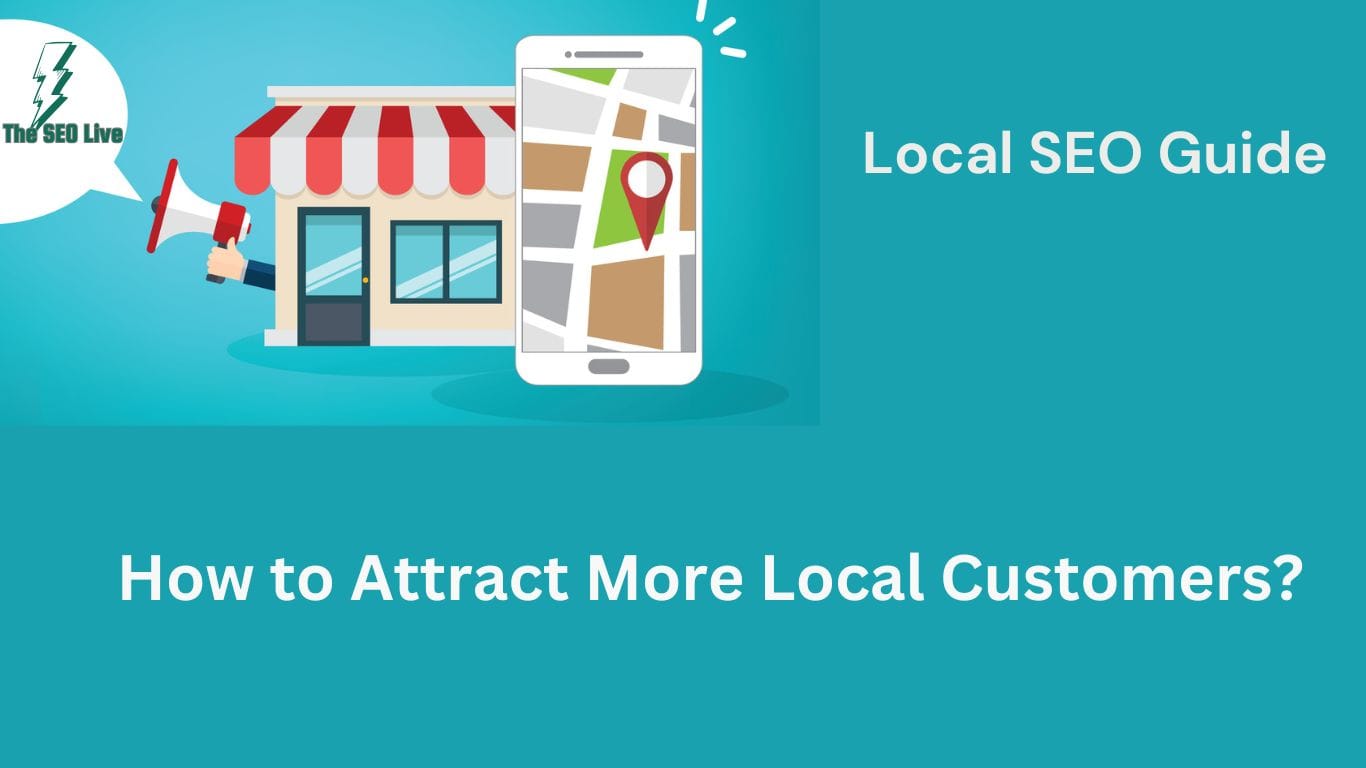- Dominate Local Search| Proven Local SEO Strategies for 2025
Dominate Local Search| Proven Local SEO Strategies for 2025
In today’s digital age, local businesses are increasingly turning to SEO to attract customers within their specific geographic area. Local SEO is a specialized form of SEO that helps businesses rank higher in local search results, such as Google Maps and Google My Business.
By optimizing your online presence for local search, you can attract more foot traffic, generate leads, and boost sales.
In this comprehensive local seo guide, we’ll delve into the key strategies and best practices to elevate your local SEO game.

Google My Business (GMB) Optimization
Local SEO is a way to make your business show up higher in search results when people search for things near them. Let’s say you own a cozy little bakery in a small town.
When someone in that town searches for “best cupcakes near me” on Google, you want your bakery to pop up right at the top of the search results. That’s where Local SEO comes in.
By optimizing your website and online listings, you’re making it easier for search engines like Google to understand that your bakery is the perfect place for those delicious cupcakes.
How does it work?
Local SEO focuses on specific locations, like cities, neighborhoods, or states. By optimizing your website and online listings for these locations, you can attract more local customers.
Why is it important?
Local search is a powerful tool for businesses to connect with customers. Consider these eye-opening statistics:
Immediate Impact: 76% of people who search locally on their phones visit a business within 24 hours, and 28% make a purchase.
Everyday Relevance: 61% of consumers conduct daily local searches.
The Review Factor: 82% of consumers read online reviews before making a decision, spending nearly 14 minutes on average.
Google’s Dominance: 86% of people rely on Google Maps for location information, and 83% use Google Search to learn more about nearby businesses.
Mobile’s Might: Over half of internet users conduct local searches on their mobile devices.
Yelp’s Influence: Yelp appears in the top five search results for small businesses 92% of the time.
Hyperlocal Shopping: 74% of in-store shoppers search for specific, local information like “closest store,” “in stock,” or “locations.”

Google Ranking Factors For Local SEO
According to google there are three core variables that determine local search rankings.
- Relevance
- Distance
- Prominence
Relevance
The most important thing for local SEO is relevance. This means your business should be the best match for what people are searching for.
Distance
Distance is a key factor that Google considers when ranking local search results. It’s like Google is trying to find the closest businesses to you when you search for something.
Prominence
Google says prominence is how well-known a business is. Think of it like your business’s online reputation.
If you’re in a less competitive area, focusing on the basics of local SEO (like having a good website and online listings) might be enough.
However, if you’re in a highly competitive industry, you’ll need to go the extra mile to build your business’s reputation online.
This could involve getting reviews, building backlinks, and getting mentioned in articles and news stories.
Understanding the Core Principles of Local SEO
To understand local SEO, we need to grasp a few core principles. Let’s start with the basics.

Google My Business (GMB) Optimization
Claim and Verify Your Listing: Ensure your business is accurately represented on Google Maps.
Complete Your Profile: Provide detailed information, including business name, address, phone number, website, and business hours.
Optimize Your Profile: Use relevant keywords in your business description and category selections.
Encourage Customer Reviews: Positive reviews can significantly improve your local rankings.
Post Regularly: Share updates, photos, and offers to keep your listing active.
On-Page Local SEO
Target Local Keywords: Identify and incorporate location-specific keywords (e.g., “best pizza in [city name]”) into your website content.
Optimize Title Tags and Meta Descriptions: Include local keywords and your target location.
Use Schema Markup: Implement schema markup to help search engines understand your local business information.
Create Location-Specific Landing Pages: Develop dedicated pages for each location or service area.
Off-Page Local SEO
Build Local Citations: Get your business listed on local directories and citation sites.
Encourage Local Backlinks: Acquire backlinks from websites that are relevant to your local market.
Leverage Social Media: Engage with your local community on social media platforms.
Read More: Off-page SEO Guide
How to Improve Your Local Search Presence, Key Strategies
Local SEO is crucial for businesses targeting a specific geographic area. Here are some key strategies to boost your local search visibility:
1. Optimize Your Google My Business Profile
Complete Your Profile: Fill in all relevant information, including your business name, address, phone number (NAP), website, and business hours.
Add High-Quality Photos: Use visually appealing images of your business, products, and services.
Encourage Customer Reviews: Positive reviews can significantly improve your local search ranking.
Respond to Reviews: Show your customers that you value their feedback by responding to reviews promptly.
2. Claim and Optimize Local Listings
Consistent NAP: Ensure your NAP (Name, Address, Phone Number) is consistent across all online directories and listings.
Local Directories: Claim your business listings on popular directories like Yelp, Bing Places, and Yellow Pages.
Local Citations: Build citations by getting your business listed on relevant local directories and websites.
3. Build Local Backlinks
Local Partnerships: Collaborate with local businesses for cross-promotions and link exchanges.
Local Directories: Get listed on local directories and business associations.
Guest Posting on Local Websites: Contribute guest posts to local blogs and news websites.
4. Optimize Your Website for Local SEO
Local Keywords: Incorporate location-specific keywords into your website’s content, titles, and meta descriptions.
Geo-Targeting: Use geo-targeting to tailor your content to specific locations.
Local Landing Pages: Create location-specific landing pages for different regions or cities.
5. Monitor and Analyze Your Local SEO Performance
Track Keyword Rankings: Use tools like Google Search Console to monitor your website’s ranking for local keywords.
Analyze Local Traffic: Use Google Analytics to track the behavior of local visitors to your website.
Monitor Online Reviews: Keep an eye on your online reviews and respond promptly to both positive and negative feedback.
Also Check: Technical SEO Guide


Advanced Local SEO Techniques
To truly dominate local search, consider these advanced strategies:
Mobile Optimization
Mobile-Friendly Website: Ensure your website is optimized for mobile devices.
Local Mobile Search: Target mobile users with location-specific content and offers.
Voice Search Optimization
Long-Tail Keywords: Optimize for long-tail voice search queries like “best Italian restaurant near me.”
Natural Language: Use natural language in your content to match voice search queries.
Local SEO for Multi-Location Businesses
GMB for Each Location: Create separate GMB listings for each location.
Location-Specific Content: Develop content tailored to each location.
Consistent Branding: Maintain a consistent brand message across all locations.
Essential Tools for Local SEO
Here are some essential tools to help you optimize your website for local search:
Google My Business
Free to use: Create and manage your business listing on Google Search and Maps.
Key features: Add business details, photos, and respond to customer reviews.
Google Search Console
Free: Monitor your website’s search traffic, identify technical issues, and submit sitemaps.
Key features: Track keyword rankings, identify indexing issues, and analyze user behavior.
Local Citation Tools
Moz Local: Helps you manage and monitor your business listings on various directories.
BrightLocal: Offers tools for citation building, review monitoring, and local ranking reports.
Whitespark: Provides tools for citation building, link building, and local SEO reporting.
Website Analytics
Google Analytics: Track website traffic, user behavior, and conversion rates.
Matomo (formerly Piwik): Self-hosted analytics platform for privacy-conscious businesses.
For finding local keywords you can use any of available keyword research tools.
Final Words
By mastering the art of local SEO, you can unlock the full potential of your local business. By consistently implementing the strategies outlined in this guide, you can attract more customers, increase your online visibility, and ultimately drive more revenue. Remember, local SEO is an ongoing process that requires continuous monitoring and optimization.
FAQs
What is Citation in Local SEO?
Think of local citations as online business cards. They’re mentions of your business’s name, address, and phone number (NAP) on websites other than your own.
When search engines like Google see your business listed on multiple reputable websites, they consider it a sign of legitimacy. It’s like getting a recommendation from a friend – more mentions mean more credibility.
Online directories: Think of these as online phonebooks. Examples include Yelp, Google My Business, Bing Places, and Yellow Pages.
Social media: Your Facebook, Twitter, Instagram, and LinkedIn profiles can also act as citations.
Review websites: Sites like TripAdvisor, Yelp, and Google Reviews are great for building your online reputation.
Local business associations and government websites: These can provide additional credibility and authority.
The more consistent your NAP information is across these platforms, the better your local search rankings will be. So, be sure to claim and optimize your business listings on as many relevant platforms as possible.
What Type Of Businesses Can Benefit From Local Seo?
A wide range of businesses can benefit from local SEO. Essentially, any business that serves a specific geographic area can benefit from local SEO. here are some examples,
Local Retail Stores: Grocery stores, clothing boutiques, electronics shops, furniture stores, etc.
Restaurants and Cafés: Local eateries, fast-food chains, and fine dining establishments.
Service-Based Businesses: Plumbers, electricians, dentists, doctors, lawyers, etc.
Home-Based Businesses: Online stores, freelance services, tutoring services, etc.
Real Estate Agents: Local real estate agents can target specific neighborhoods or cities.
Automotive Businesses: Car dealerships, auto repair shops, and car washes.

